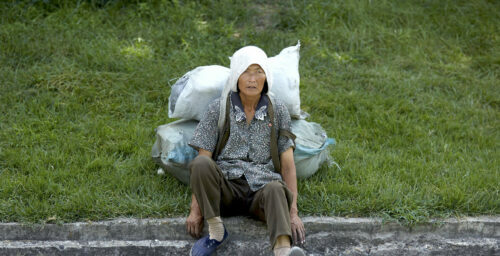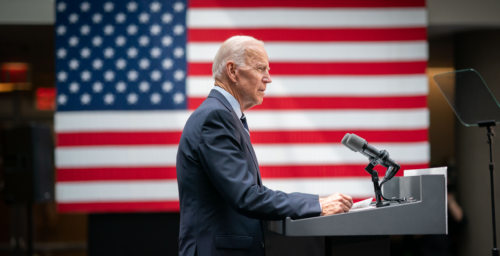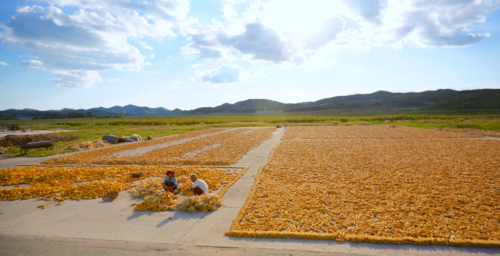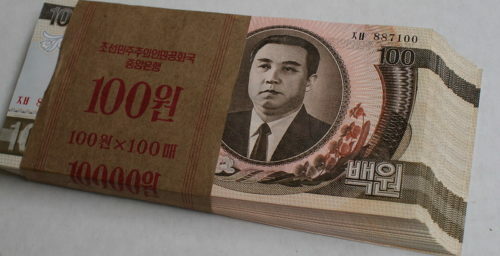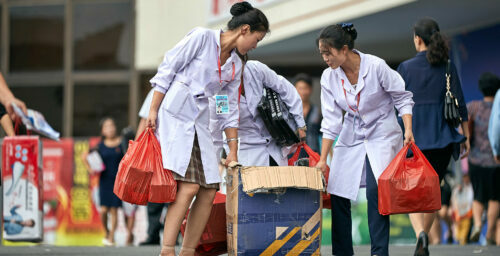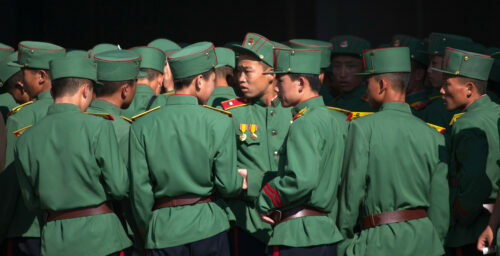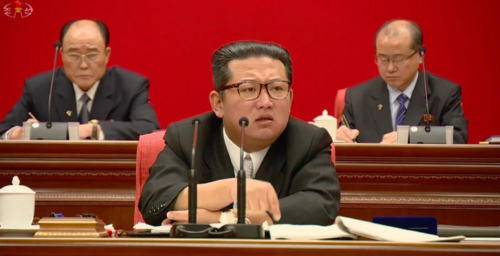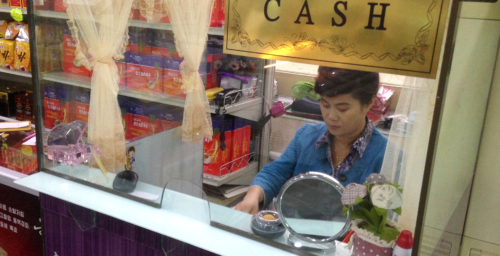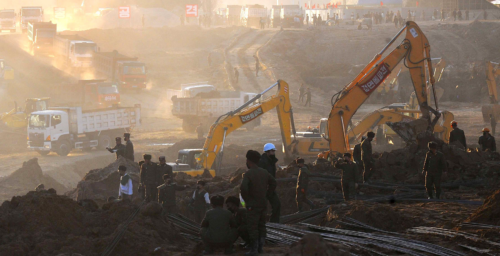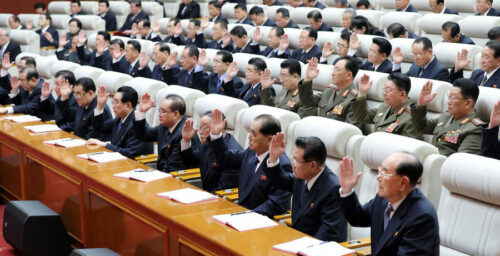About the author
More articles by 'Peter Ward'
Why urbanized, well-educated North Korea remains paradoxically poor
While the DPRK compares favorably with wealthier countries on some metrics, political decisions still hobble the economy
Book review: How interest groups shape US policy toward North Korea
New book explores how foreign governments and military-industrial complex influence US foreign policy
Why Russia’s invasion of Ukraine has a limited impact on North Korea’s economy
Subsidized trade and depressed demand likely insulate the DPRK economy from food and oil price shocks — but not forever
The unique ways that capital is allocated in North Korea
The DPRK relies on Soviet-style state-directed development, with regular households expected to make up the rest
The price is right: How North Korea has sought to rein in market forces
Recent DPRK research points to tighter regulations, likely to prevent price wars and manage competition between firms
Why North Koreans make the rational choice to accept state repression
The DPRK’s crackdown on foreign media can make ignorance the best option, but it also comes at high cost to the regime
Kim Jong Un’s plenum speech displays striking lack of new economic ideas
North Korea is prioritizing central control, rolling back reforms in ways that hurt markets and economic autonomy
In officially tax-free North Korea, where does the state get its money?
The DPRK has multiple revenue sources, including taxes, that have both positive and negative impacts on the economy
What the North Korean economy will look like over the next 10 years
Kim Jong Un will likely continue rolling back tepid reforms, with potentially disastrous consequences for marketization
How Kim Jong Un uses party committee memberships to manage Pyongyang’s elite
Political and military elites in North Korea appear to rotate in and out of power much more frequently under Kim



